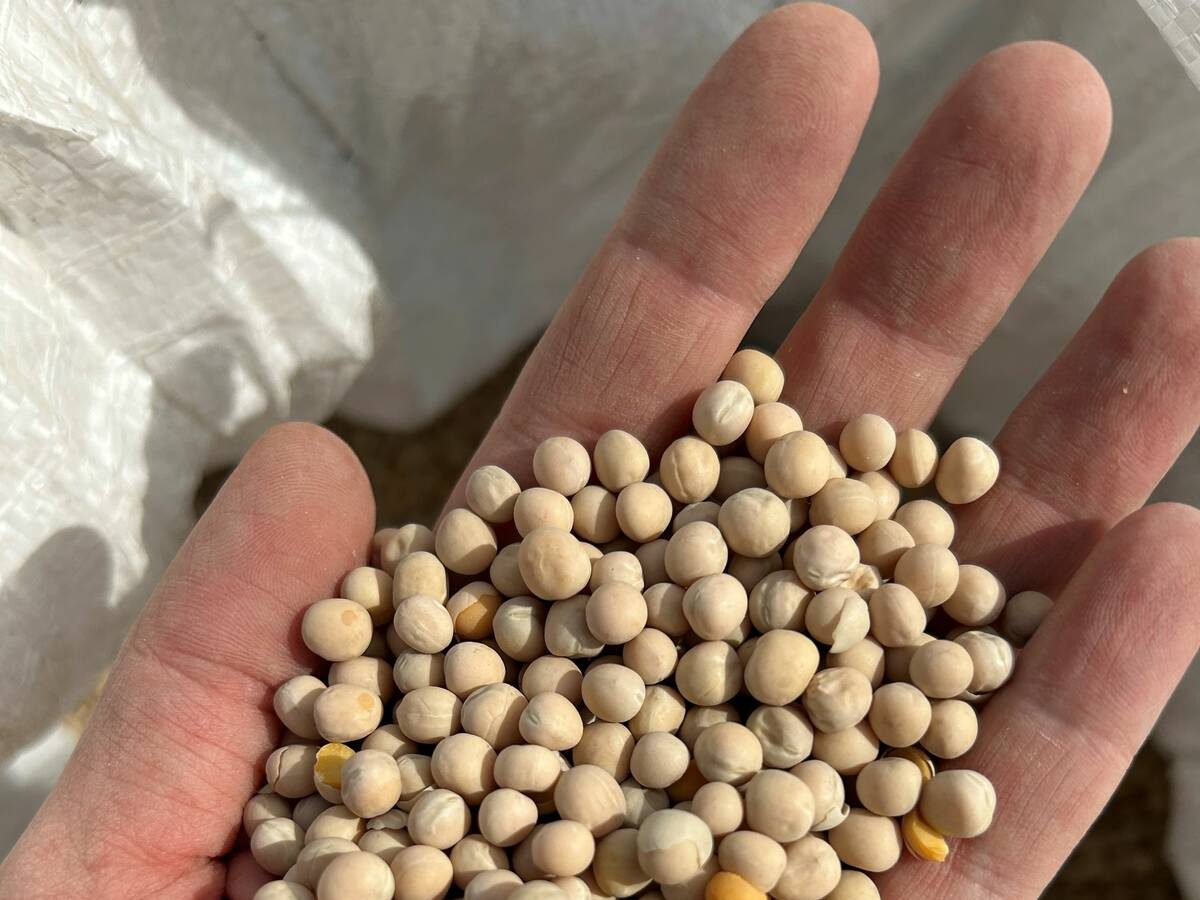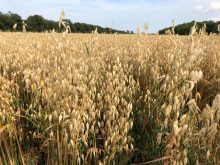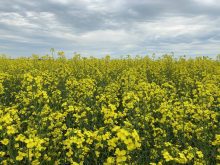A soy protein product made by Canadian plant protein firm Burcon NutraScience will go to world markets by way of agrifood giant Archer Daniels Midland.
Illinois-based ADM on Friday signed onto a 20-year licensing deal with Burcon for worldwide production, distribution and sale of Burcon’s Clarisoy, billed as a 100 per cent soluble, transparent protein ingredient for protein-fortified drinks.
“ADM’s demonstrated excellence in the production and sale of food ingredients makes the company the ideal partner to commercialize Clarisoy soy protein,” Burcon president Johann Tergesen said in a release Friday.
Read Also

Pulse Weekly: Despite dropped tariffs, work remains for Pulse Canada
Pulse Canada was relieved when China announced the removal of 100 per cent tariffs on Canadian yellow peas on Jan. 16, but work still needs to be done in India.
“The versatility of Clarisoy complements our current product portfolio and increases application opportunities for our customers,” Bruce Bennett, general manager for ADM’s Protein Specialties wing, said in the same release.
The formalized agreement follows up on a binding letter of intent signed in November last year to work toward this deal, which licenses Burcon’s Clarisoy-related know-how and trade secrets to ADM.
Burcon, based in Vancouver with lab and technical facilities in Winnipeg, described the deal as a “watershed development,” as commercializing Clarisoy will give Burcon its first earnings stream.
The deal calls for ADM to make royalty payments to Burcon based on net revenues from sales of Clarisoy, while Burcon will remain responsible for maintenance of the Clarisoy soy protein patent portfolio during the 20-year term.
The letter of intent, which was due to expire March 1, gives ADM “financial incentive” to expand Clarisoy sales globally, offering a stepped-down royalty rate if ADM takes the product to markets beyond North America.
Among its other attributes, the Clarisoy protein isolate is low in viscosity in acidic beverages, allowing for its use in products such as juices, soft drinks and sport drinks in a pH range as low as 2.5, as well as in powdered beverage products.
Clarisoy is also heat-stable in acidic beverages, Burcon said, which would allow a food processor to hot-fill with no loss of clarity or change in viscosity.
Clarisoy proteins also don’t have a “beany” taste that’s sometimes associated with soy protein, the company has said. Its “superior flavour profile” would thus allow the protein’s use in other foods outside the beverage market and open up “significant opportunities” in the existing global soy protein market, Burcon said.
Burcon has previously said it’s “unaware of any other commercially available soy protein that can make all these claims.”
On to canola
The two companies on Friday also agreed to extend the development period in their agreement on Supertein and Puratein, two canola protein isolates in the Burcon pipeline.
The extension gives the companies until March 1, 2012 to work on research aimed at “expanding the commercial value” of the canola protein products.
Burcon, during that time, will work on refining its canola extraction and purification technologies and develop new technologies and specialized canola protein products, the company said.
The extension would also allow Burcon to bring in a third party research organization to conduct joint research, including human clinical feeding trials, on Supertein’s potential as a functional food ingredient.
“In particular, the research would seek to develop evidence of Supertein’s ability — given its high cysteine content — to mitigate certain physiological effects associated with metabolic syndrome.”
Metabolic syndrome is the term covering a group of factors occurring together for increased risk of coronary artery disease, stroke, and type 2 diabetes. Cysteine is believed to inhibit insulin resistance, a major risk factor in that group.
Unlike canola protein, soy protein products have long had global regulatory approval for use in foods and nutritional products, which led the two companies to focus first on the Clarisoy deal.
With the ADM agreement in hand, “now we are able to devote more resources toward our canola protein technologies,” Tergesen said.

















